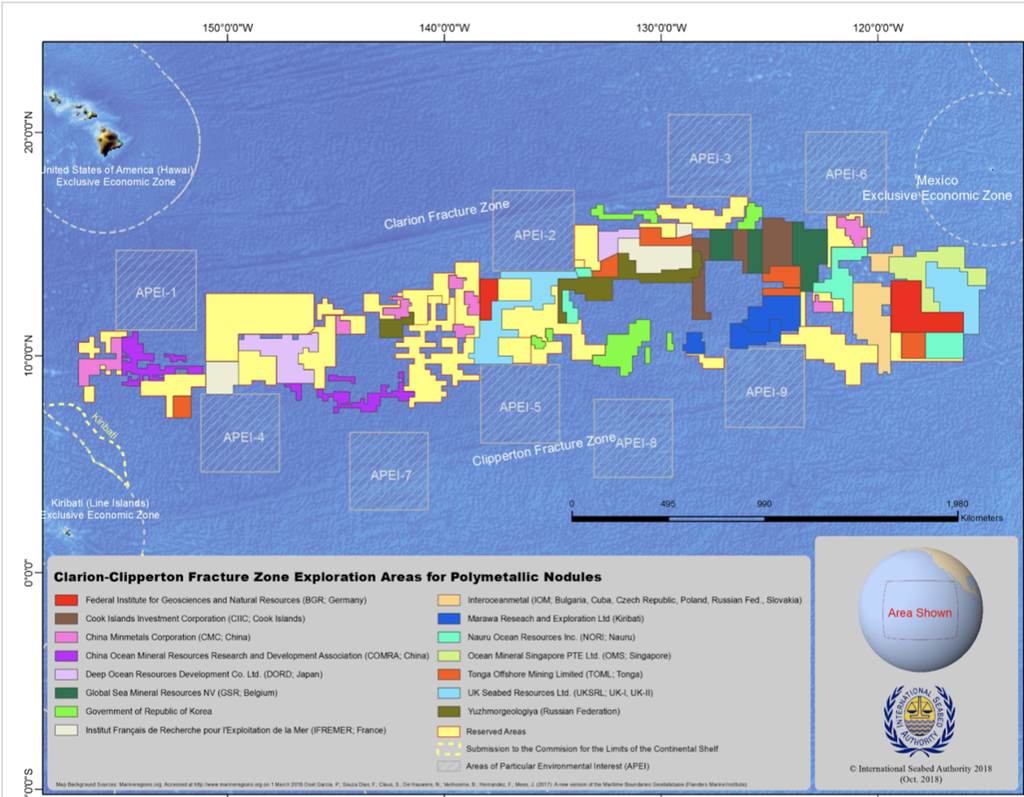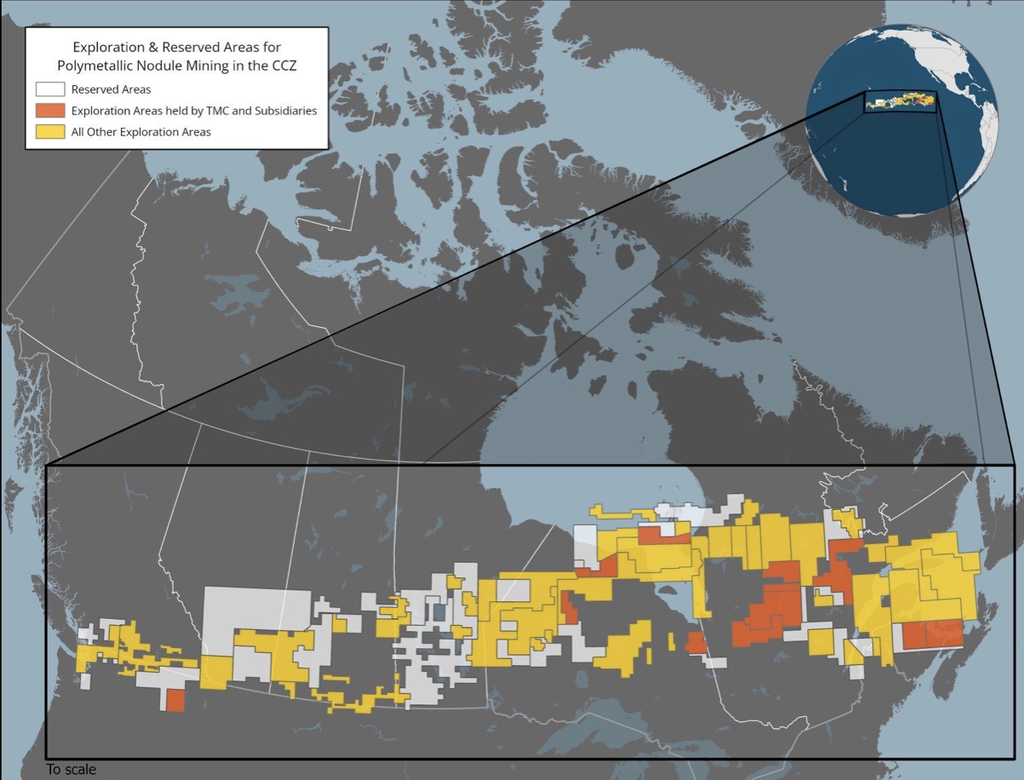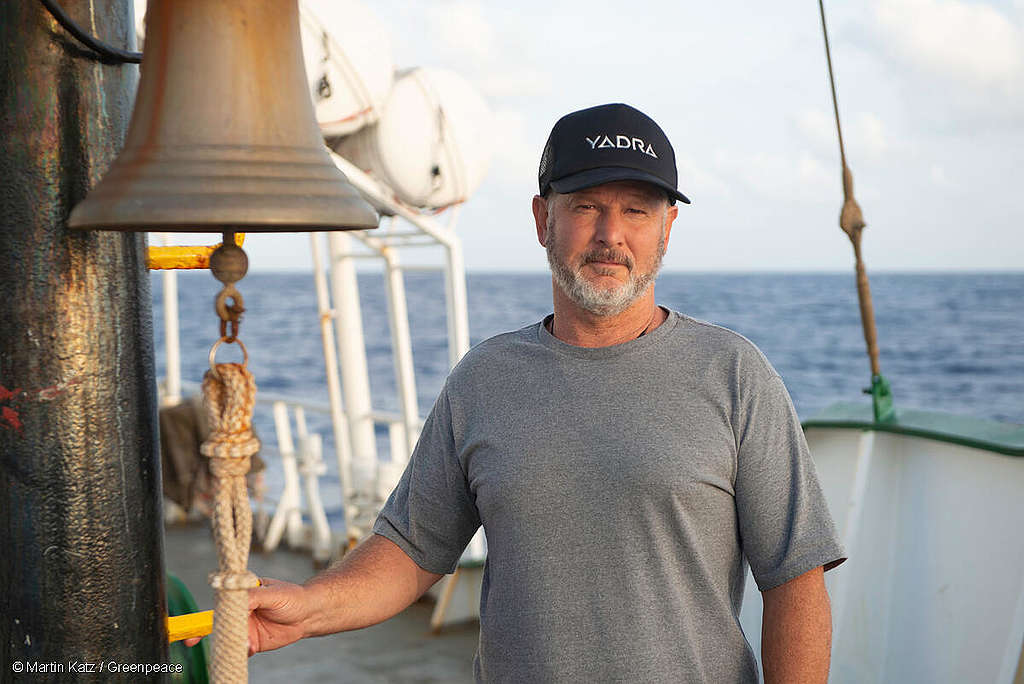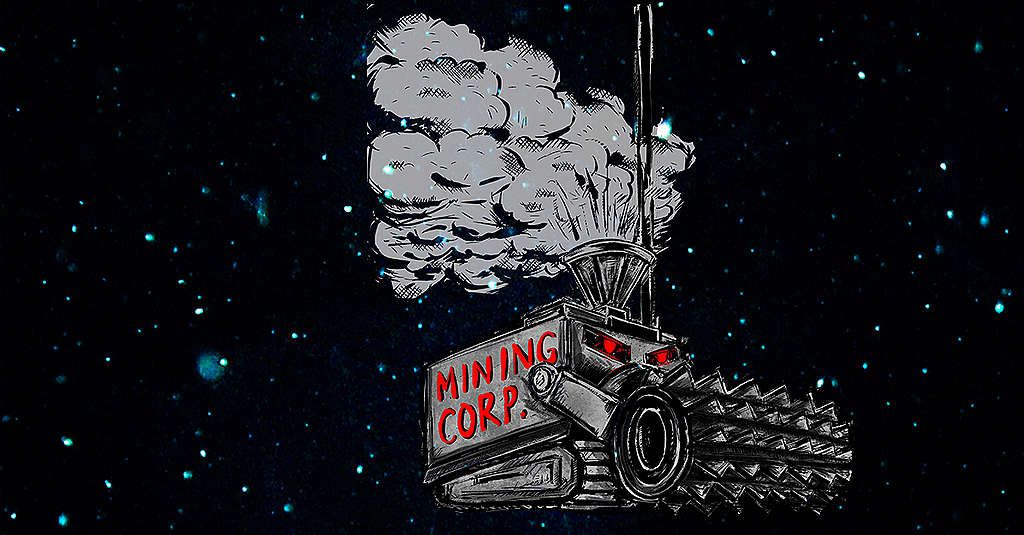Deep sea mining (DSM) has not begun anywhere in the world yet. But it’s a crisis in the making as governments rush to greenlight this highly destructive industry in one of the most fragile environments on our planet. Some who aim to make a profit support its launch, but as awareness grows, many more are opposing, and with good reason.
A vast area in the middle of the Pacific Ocean between Hawaii, Mexico and Kiribati known as the Clarion Clipperton Zone (CCZ) has been earmarked for the first commercial-scale deep sea mining operations in international waters. If given the green light, it would be the single biggest mining operation in human history. More than 700 scientists have warned us that the industry poses permanent risks to nature and climate on multi-generational timescales.

The International Seabed Authority (ISA) is made up of 167 countries and is responsible for regulating deep sea mining activities in international waters, which cover about half the surface of the planet. Each mining permit covers 75,000 square kilometres. About 2 ⁄ 3’s the size of Te Ika a Maui (North Island of Aotearoa New Zealand), or more than the total land area of all of the Pacific Large Ocean States put together.
And that’s just one. There are currently 16 exploration permits of that size in the CCZ, which collectively amount to over 1.2 million square kilometres. The second map below shows those same exploration permit areas overlain on a map of Canada at a 1:1 scale.

Strip-mining vast areas of the seafloor is inherently destructive and has no part in a sustainable future for people and the planet. Direct impacts include; killing and sucking up every living thing in the path of the mining machine and permanently removing habitat that has taken many millions of years to form. Scientists have also warned that deep-sea mining risks disturbing one of our planet’s largest carbon sinks. Mining operations would also have indirect impacts, including kicking up super fine sediment that would float and travel in the water for days before settling and smothering areas surrounding the mine sites. The 24/7 noise created by the mining machines in an otherwise very quiet place, would travel much further than on land, impacting whales and dolphins.
Wastewater pumped back into the ocean is likely to be toxic and cause water cloudiness, causing long-term and wide-reaching impacts on species that use bioluminescence to hunt or find mates, as well as migratory species such as whales, dolphins, and sea turtles. Miners plan to push it down a pipe into the water column to about 1200 metres depth. It could be toxic, containing sediment and metal fines affecting a range of species, including tuna. Particles so fine that they are expected to travel for hundreds to thousands of kilometres from the pipe in all directions.
The wondrous creatures of the deep, dark ocean have existed and evolved to live in harmony with their environment. At a time of converging biodiversity and climate crises, the protection of one of our last remaining wilderness areas, and a critical carbon sink, should be our obsession. Rather than open this fragile environment up to a new frontier of industrial extraction, we must hit the brakes.
Our ocean and our planet needs a break. Antarctica was saved from mining over thirty years ago when it was deemed ‘a natural reserve dedicated to peace and science.’ We have the same opportunity now to turn away from destructive activities and call upon our duty of care and guardianship for future generations. Our governments must urgently call for a moratorium on deep-sea mining, and ISA member States should ensure regulations are not adopted, and no mining contracts are granted.

Phil McCabe is an oceans campaigner and part of the Pacific delegation attending the International Seabed Authority (ISA) conference this week. Phil travelled to the ISA last week with a group of Pacific activists onboard Greenpeace’s ship last, the Arctic Sunrise. He speaks about the immense scale of deep sea mining applications and how truly devastating it will be.

It’s time for New Zealand to take a stand. Join our call on the New Zealand government to back a global moratorium on seabed mining.
